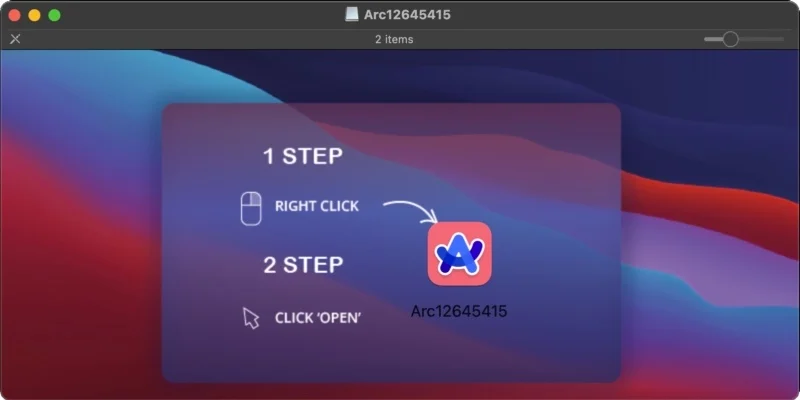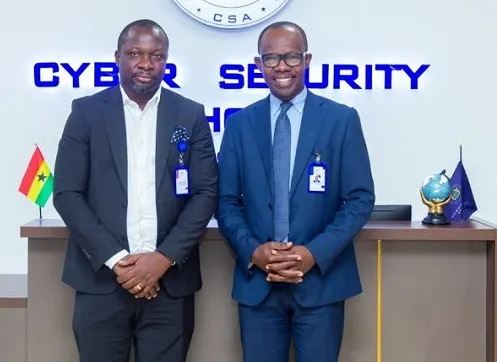On Monday, the Nigerian Police re-arraigned four bloggers, Precious Eze, Olawale Rotimi, Rowland Olonishuwa, and Seun Odunlami, on new charges before the Federal High Court in Lagos.
They were charged with cyberstalking and spreading false information about the Guarantee Trust Holding Company on multiple social media platforms.
Read also: GTBank trends on X as customers bemoan inaccessible app, USSD channels
The criminal charges
The bloggers were facing a 10-count charge of conspiracy, cyberstalking, extortion, false and misleading publication, threat of harm, and loss of shares and market value.in a suit that was instituted by the police.
The defendants were first slammed with two charges of cyberstalking, false publications, and disseminating false information with the intent to defame Segun Agbaje, CEO of Guarantee Trust Holding Company PLC, on September 27.
But on Monday, the police prosecutors, Olaotan Ajose-Adeogun (SAN) and Ajibola Aribisala (SAN) told the court that the defendants’ charges had been changed to ten counts.
Justice Ayokunle Faji ordered the defendants to be remanded at the Ikoyi correctional facility pending their bail application.
Mr Aribisala said that the Inspector’General of Police, Kayode Egbetokun, gave him the go-ahead to pursue the matter.
However, Justice Faji dismissed the first charges made against them.
Following that, Mr Aribisala pleaded with the court to let the defendants hear the new charges.
In an effort to undermine law and order, Aribisala told the court that the defendants had connived to cyberstalk and publish unfounded, deceptive, and false accusations against GTCO management, the Central Bank of Nigeria (CBN) and the country’s banking industry.
According to him, the accused parties disseminated the false information with the aim of damaging GTCO’s credibility, and integrity of its executives, the CBN and the Nigerian banking industry at large.
The prosecutors said the defendants published false information to manipulate the market value of the company’s shares, causing GTCO to significantly decline in value.
Sections 422, 507, and 408 of the Criminal Code Act, Cap. C 38, Laws of the Federation of Nigeria, 2004 (as amended), stipulate the penalties for the offences.
Read also: GTBank announces temporary service disruption to upgrade system
Defendants pleaded not guilty
The defendants entered a not guilty plea to the allegations against them.
The defendants were held at the detention facility until their bail applications were filed and heard, under Judge Faji.
Olakunle Afolabi, the defendant’s attorney, had earlier informed the court that he was contesting the indictment and required more time to review the recently modified charges.
In addition, he stipulated that he would request the defendants’ bail orally if they were charged with new accusations; however, the judge rejected his request.
The trial was adjourned till October 24 hiving ample time to the defence to file t bail request and serve the prosecution.









